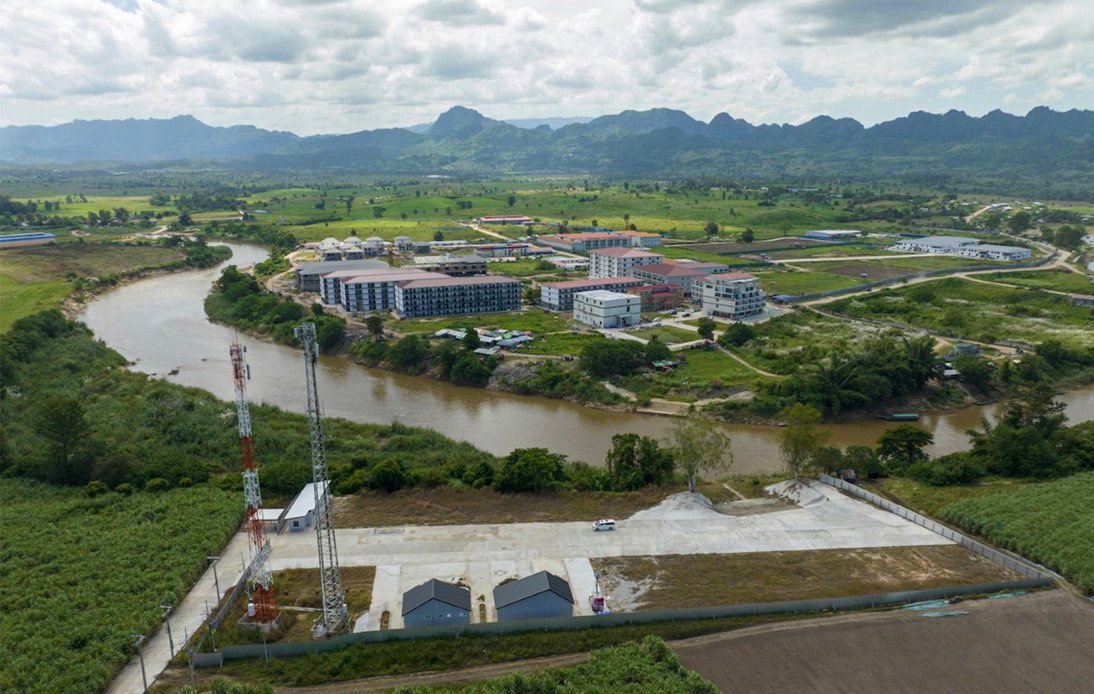
The Chinese government has instructed Myanmar’s military regime to “root out” online scam operations situated in its lawless border regions, which primarily target Chinese nationals, as announced by Beijing’s embassy in Yangon.
Allegations suggest that criminal gangs are enticing or abducting citizens of China, among others, into these unregulated regions along the northern and eastern boundaries of Myanmar, compelling them to participate in online fraudulent activities.
These scammers typically prey on their fellow countrymen, building trust over several weeks before enticing them to pour funds into fake investment platforms and other deceitful schemes, as per the assessment by analysts.
Such scamming activities concern Beijing, which stands as a key ally and arms provider to Myanmar’s military regime, currently facing global isolation.
On Monday, the Chinese ambassador initiated “special negotiations” with Myanmar’s foreign minister on the topic of “combating crimes including domestic communication frauds”, as reported in a statement issued by the embassy on Tuesday.
“Communication frauds continue to spread in Myanmar border areas including northern Myanmar by severely harming the personal interests of people in both China and Myanmar,” the ambassador voiced, as quoted in the statement.
He further stated that, “The residue of communication fraud and online gambling in Myanmar should be rooted out.”
China, being a significant ally of the military government, has refrained from labeling the 2021 seizure of power as a coup.
A number of projects under its extensive Belt and Road infrastructure initiative are planned to traverse through northern Myanmar, thereby connecting China’s Yunnan province, which is without sea access, with the Indian Ocean.
Additionally, Beijing endorses and supplies arms to various ethnic rebel groups along its border with Myanmar, according to analysts.
These groups have frequently engaged in conflicts with the Myanmar military following the coup, leading a coalition of China-supported rebels in March to appeal to Beijing for assistance in alleviating the crisis.
In the previous month, Thailand disconnected the electricity supply to a Myanmar border town hosting a billion-dollar development, which analysts believe is a cover for unlawful gambling and online fraud operations.
The expansive Shwe Kokko project, which includes hotels and casinos catering to Chinese clientele, is managed by the Border Guard Force (BGF), a militia with military alignment.
The Myanmar military and the BGF have been engaged in conflict with Karen militias, resulting in clashes and air strikes that have driven thousands of refugees to seek shelter in Thailand.
Online scams, known as “boiler room” frauds, have had a longstanding presence across Southeast Asia.
Victims have reported being lured to countries like Myanmar, Cambodia, Thailand, and Laos under false pretexts of love or lucrative employment opportunities, only to be held captive and coerced into scamming their fellow citizens online.





















